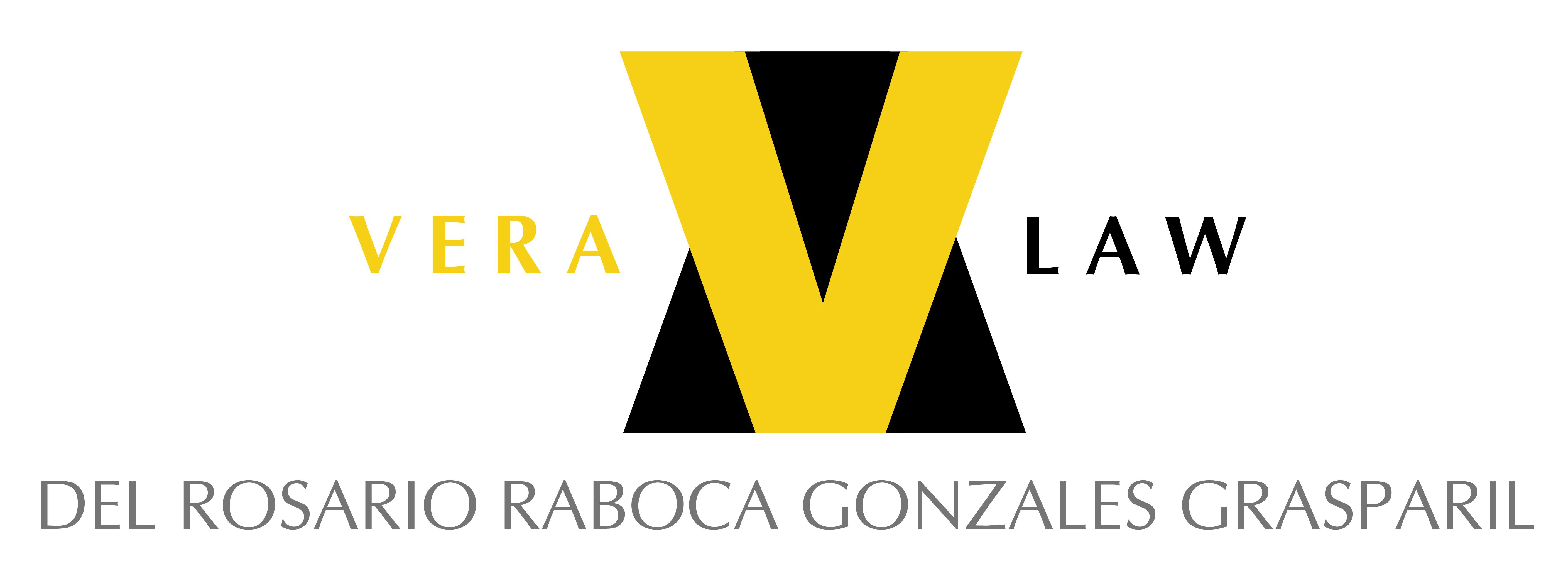The Supreme Court of the Philippines, through its Sub-Committee for the Revision of the 1997 Rules of Procedure, issued Administrative Matter No. 19-10-20-SC entitled “2019 Proposed Amendments to the 1997 Rules of Civil Procedure” (“Amended Rules of Civil Procedure”). The Amended Rules of Civil Procedure was made to, among others, take into consideration technological advances and developments in the Philippine legal system and, more importantly, expedite civil and criminal litigations.
The Amended Rules of Civil Procedure will become effective on 01 May 2020 and will be applied to all cases filed on and after said date. To avoid confusion, the Amended Rules of Civil Procedure will likewise apply to cases that are already pending as of 01 May 2020 unless the court opines that the application of the Amended Rules of Civil Procedure is not feasible. In such a case, the court can still apply the old rules.
Some of the salient change of the Amended Rules of Civil Procedure are as follows:
- Litigants must be ready to submit their respective evidence upon filing the Complaint and/or Answer.
- A change in the significance of counsel’s signature. In particular, by signing a pleading, a counsel certifies that: (a) the document is not being presented for any improper purpose, (b) the claims, defenses, and other legal contentions are warranted by existing law or jurisprudence or by non-frivolous argument for modifying or reversing existing jurisprudence, (c) the factual contentions have evidentiary support or will have evidentiary support after availment of the modes of discovery, and (d) denials of factual contentions are warranted by evidence, or reasonably based on belief or lack of information.
Violation of the foregoing can subject the counsel, his law firm, or the party he represents to court sanctions and/or penalties.
- Summons may now be served:
a. Through Electronic mail to the defendant’s e-mail address, with the court’s permission.
b. Upon the secretaries of the president, managing partner, general manager, corporate secretary, treasurer, or in-house counsel of the said corporations, in their absence or unavailability.
In the event that the secretary cannot be served, service may be made upon any person who customarily receives correspondence for the defendant at its principal office.
In case of refusal to receive by said person tasked to customarily receive correspondence after at least three (3) attempts on separate dates, a defendant may be served through its corporate e-mail with the permission of the court.
c. Through extraterritorial service of summons (for foreign corporations not registered in the Philippines or without a resident agent) only if the corporation has transacted and/or is doing business in the Philippines.
d. Through a defendant’s lawyer, should a party claim that summons was not properly served on the latter and the lawyer specially appears on the party’s behalf.
- The rules in filing a Motion to Dismiss to dismiss have been revised as follows:
a. The grounds for filing have been limited to: (a) lack of jurisdiction over the subject matter; (b) pendency of action between the same parties for the same cause; and (c) the cause of action is barred by prior judgment or by the statute of limitations; and
b. A Motion to Dismiss must be resolved within fifteen (15) calendar days from the court’s receipt of the opposition thereto, which shall be five (5) calendar days from receipt of the Motion to Dismiss, or upon the expiration of said five-day period without an opposition being filed.
- The Amended Rules of Civil Procedure has defined what constitutes a litigious and a non-litigious motion. For Litigious motions (such as a motion to dismiss and a motion for reconsideration), the opposing party shall file the opposition to the motion within five (5) calendar days from receipt thereof. A hearing on a litigious motion is now subject to the court’s discretion and only if deemed necessary for the resolution of the motion. On the other hand, non-litigious motions shall not be set for hearing at all and shall be resolved by the court within five (5) calendar days from receipt thereof.
In either case, no additional submissions will be considered by the court.
- A motion for extension of time to file pleadings, affidavits, or any other papers, is now considered a prohibited pleading except for a motion for extension to file an answer.
- The court may now authorize electronic filing so long as said court is capable of handling the same.
- Cases that are referred to judicial dispute resolution (JDR) will be raffled to another court for the conduct thereof. Should JDR fail, the JDR court will return the case to the court of origin for trial proceedings.
For the original text of the amendment, click here.

